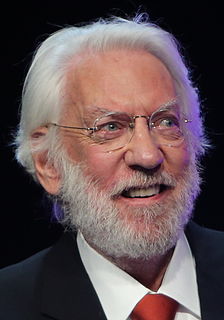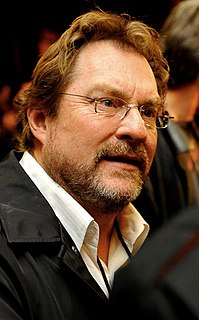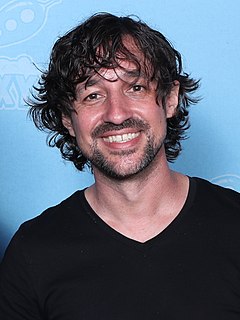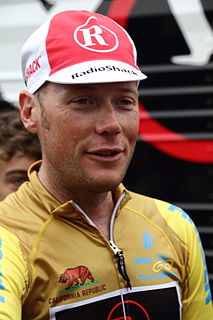A Quote by Denis Leary
Certain movies like 'Wag The Dog,' we used improv on every scene that we did. Pretty much, we would shoot from the script and then some stuff that we came up with in rehearsal, and then we'd have at least one or two takes where we completely went off the script and just flew by the seat of our pants.
Related Quotes
Lego was our fourth film, because we did two Cloudys, so yeah there's a little bit of shorthand that's involved and then you can anticipate things- because for me it's like, I get a script for a movie and I go, "Wow that's a pretty good script", then you sign on and a couple months later they show you the first cut and you're like, "Whoa, how did that happen?"
I'm running out of time, and a Western is America's answer to a Greek tragedy, so that's what we did. [Kiefer] hired Brad [Mirman] to write the script and he had the ideas, and then he and I did stuff on the script to make it a little cleaner to ourselves. And then, we played it. We were just actors working together, and our DNA must have informed it somehow. Certainly, we came out of it purified a little bit.
All directors make films in individual ways. But the classical kind of view of filmmaking is that you have a script, and it's very linear. There's a script, then you're going to shoot the script ,and then you cut that, and then that's the end of the film. And that's never really been how I've seen it.
Any good movie or script usually, if they're doing their job, gives the highest platform possible for an actor to leap off of, and that script was very high up there. It was a very smart, tight script. There was a lot of improv, as well, once we got to the set, but a lot of the original script was also in there.
I remember like that scene with Pharrell where they're at the music video shoot, we have this on camera actually, Pharrell's confused because we weren't doing the script. We were doing all this improv and then Diddy says to him... Pharrell's like I don't understand what's going on and Diddy goes, "We do a lot of improv". (laughter) I remember being we just made him into a comedy nerd. We somehow turned Sean Combs into a comedy nerd, so.
With films, I just scribble a couple of notes for a scene. You don't have to do any writing at all, you just have your notes for the scene, which are written with the actors and the camera in mind. The actual script is a necessity for casting and budgeting, but the end product often doesn't bear much resemblance to the script--at least in my case.
Whenever I'm doing any film, there's always three different things. There's the script, which is really just a blueprint. And then, you shoot the movie and it's an entirely different experience than you would expect from reading the script. And then, there's the whole post process and the editing, and it becomes something else entirely.
I end up improvising in almost everything to some degree, 'cause it's often necessary on movies. The script is one thing, and it's this kind of theory of what you're going to do, and then you get there on the day and you realize, "Oh, the script is not appropriate to this room, the door's over here."
I don't think that any scene [in Pineapple Express] is word for word how you'd find it in the script. Some of it was much more loose than others. The last scene with me, Danny [McBride] and James [Franko] in the diner - there was never even a script for that scene. Usually we write something, but for that scene we literally wrote nothing.
Let me tell you, though - there’s a huge difference between Flanders and Paris–Roubaix. They’re not even close to the same. In one, the cobbles are used every day by the cars, and kept up, and stuff like that. The other one - it’s completely different … The best I could do would be to describe it like this - they plowed a dirt road, flew over it with a helicopter, and then just dropped a bunch of rocks out of the helicopter! That’s Paris–Roubaix. It’s that bad - it’s ridiculous.
Every time I do a movie, I'm reading the script, or if it's something I have coming up, I'm reading the script, and I just spend hours and hours and days and weeks and months going over the script and just writing a lot of different ideas down, finding a little dialogue or just coming up with ideas for scenes and moments and all that kind of stuff.



































